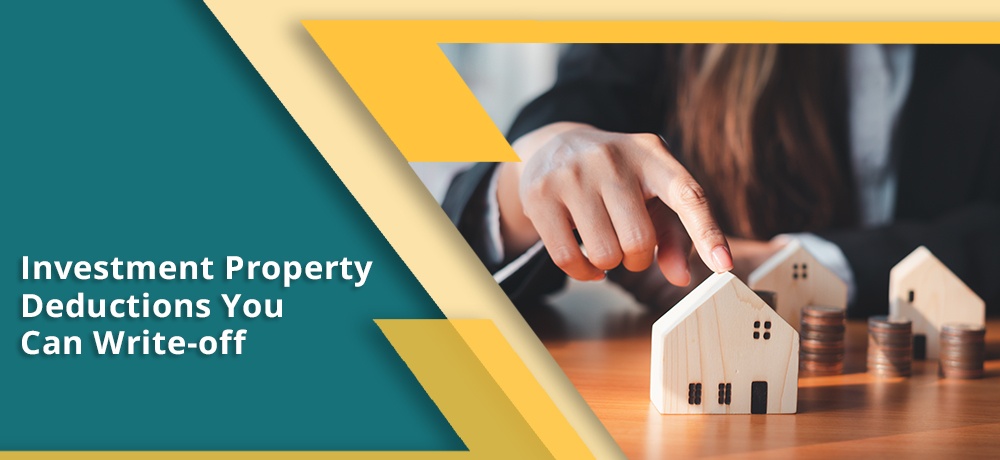Investment Property Deductions You Can Write-Off

Owning an investment property can be lucrative, especially if done prudently. An investment property is used mainly to generate income, either through passive income by renting it out or by flipping it to generate capital gains income. Purchasing an investment property either to flip or to rent both have their pros and cons. A part of what we do is to assess which is right for you.
When you own an investment property, there are several expenses that can be deducted. Expenses such as interest costs, utilities, property tax, repairs and renovations can be deducted. Some expenses are only deductible in the year you incur them (Current Expense), while some expenses are deductible in future years (Capital Expense).
Current expenses are costs that you incur to maintain the property such as minor repairs/maintenance, interest expense, property taxes, professional fees (legal, accounting, bookkeeping, property management, auditing), advertising etc.
Capital expenses (also known as CCA) are expenses that either improve the market value of the property, extend the duration of the asset, or adapt the asset to a totally different use e.g., renovation costs. A capital expense will need to be divided in very specific ways and applied over a few years taxes. You do not have to claim the maximum amount of CCA in any given year. You can claim any amount you like, from zero to the maximum allowed for the year. If you do not have to pay income tax for the year, you may not want to claim CCA.
As to the cost of purchasing the property such as the legal cost, you cannot deduct them from your gross rental income. You can however add it to the cost of your purchase to be deducted when you sell your property.
One other thing to note is that all these assumptions on deductions are based on the idea that you are generating income or at least there is an attempt to generate income. It is possible to claim a rental loss if your expenses exceed your rental income. This rental loss can be claimed against other sources of income. Be sure to verify the expenses are properly classified, calculated and provable.
Where there is no rental income, it is still possible to deduct the costs of maintaining the property but, keep in mind that the property must be available/vacant on the market to be rented.
